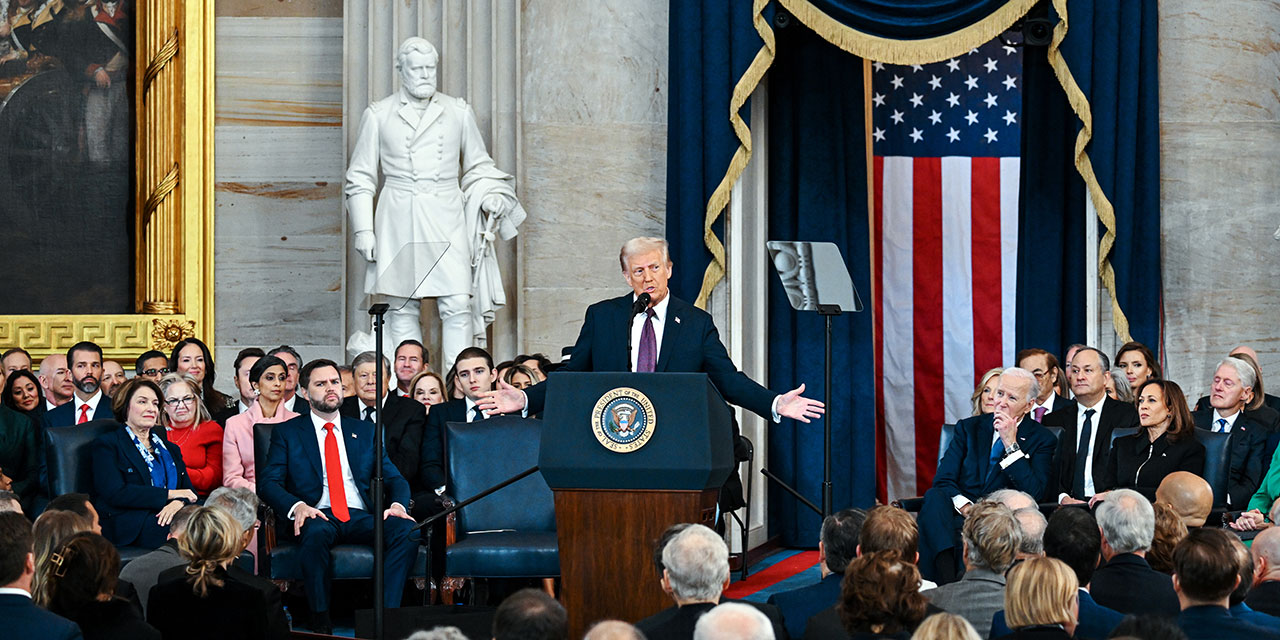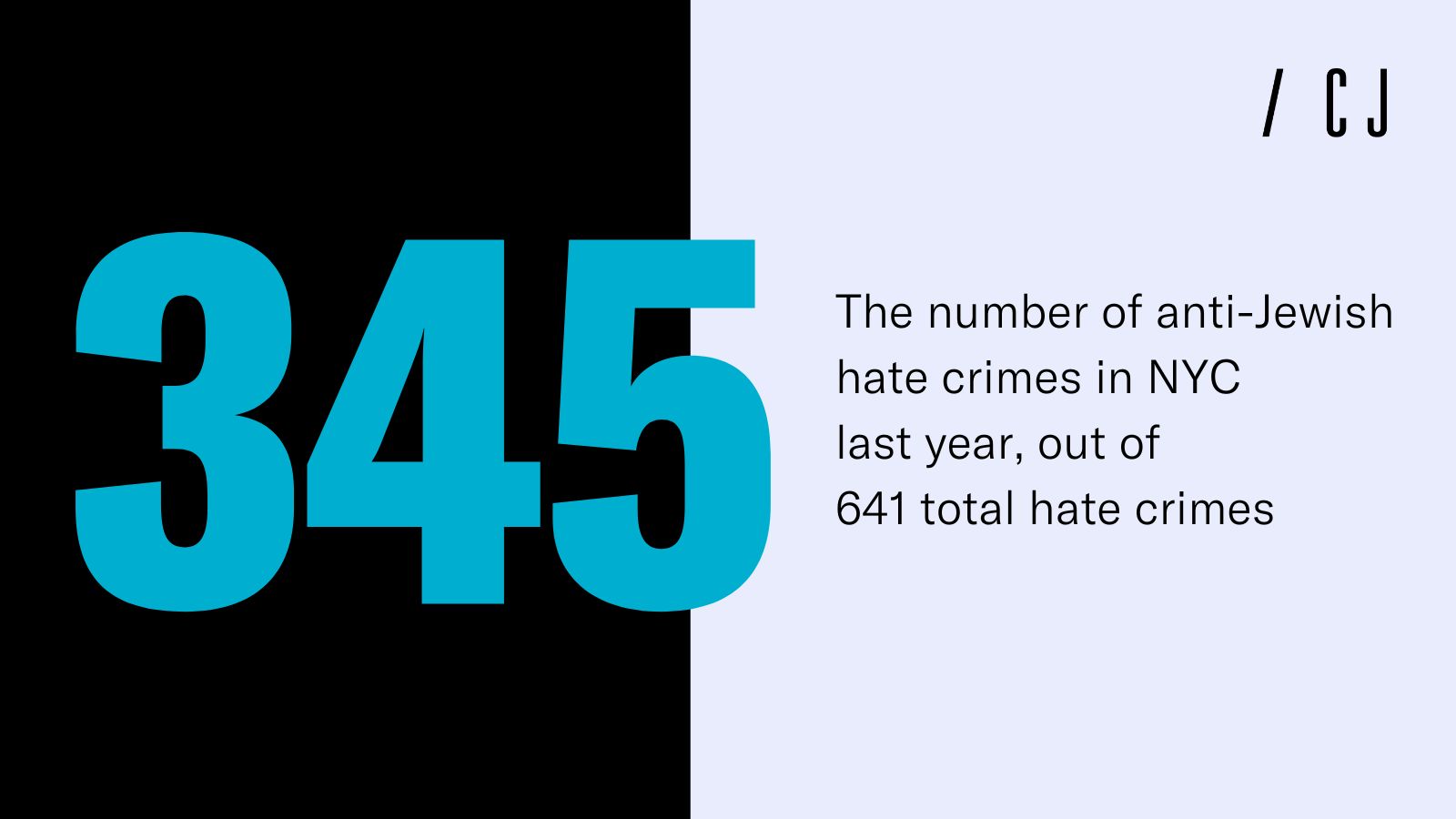|
Forwarded this email? Sign up for free to have it sent directly to your inbox. |
|
|
Good afternoon,
Happy Friday. Today, we’re looking at the new Trump coalition, the potential costs of “no tax on tips,” Virginia’s housing market, and China’s DeepSeek AI. Don’t forget to write to us at editors@city-journal.org with questions or comments. |
|
|
Elon Musk. Robert F. Kennedy Jr. Marc Andreessen. Tulsi Gabbard. They’ve all taken personal—and in some cases, financial—risks in throwing their support behind Trump during the election. And now, they’re some of the most recognizable members of Trump’s new coalition. Manhattan Institute Senior Fellow Christopher Rufo has some thoughts on who else should be part of the president’s inner circle: |
Other leaders of the Tech Right. They’re action-oriented and bring the technical and management expertise that Trump needs. Dissident Democrats like RFK Jr. and Gabbard. “They also offer value in providing an off-ramp for Democratic voters who feel abandoned by the party,” Rufo writes. “These high-profile defectors model the kind of behavior Trump will have to show to bring over moderate Democrats and others who had previously shied away from the GOP.” |
But there are two factions currently trying to establish positions in the coalition that should be rejected, Rufo argues. Read who he thinks should be excluded from the new administration. |
|
|
| The conservative movement should resist an “all-are-welcome” policy. |
|
|
Donald Trump made a lot of promises on the campaign trail, including the memorable “no tax on tips.” But what would cutting taxes on tips mean?
Alex Muresianu, a senior policy analyst at the Tax Foundation, notes that exempting tips from the income tax would cost $118 billion over the next decade, while including exemptions from both the income and payroll tax would end up costing closer to $200 billion. “There is no strong policy justification for excluding tipped income from the income tax,” he writes. “If the goal is to help lower-income workers, broader tax reductions would be a better solution.”
Read why Muresianu thinks the policy could come with more complications than it’s worth. |
|
|
Owning a home is still unattainable for many U.S. families, thanks to a brutal housing market that has seen sky-high prices and limited inventory. Regulations have worsened the dynamic, accounting for 25 percent of the cost of constructing a new home and adding nearly $94,000 to the cost of a single-family home.
Virginia, though, has made housing affordability a priority. Governor Glenn Youngkin has called for reducing regulations, and state agencies have advanced efforts to lower construction costs and cut license-processing times. Reeve Bull, director of the Virginia Office of Regulatory Management, and Bryan Horn, director of the Virginia Department of Housing and Community Development, argue the state should serve as a model for the rest of the U.S.
|
|
|
China’s AI company DeepSeek has caused panic over what its technological advancements will mean for U.S.-based companies. It uses far less computing horsepower, and thus far less electricity, than its competitors. Some analysts say that this feat blows a hole in the widely accepted narrative that AI is power-hungry. “But the idea that a leap in energy efficiency solves the AI power-demand challenge is a misread of reality,” argues City Journal Contributing Editor Mark P. Mills. Read why he thinks analysts have it all wrong.
|
|
|
/ Friday Face Palm 🤦🏻♀️💩🚽 |
Ah, Columbia. This week, members of the university’s “Apartheid Divest” group apparently thought the best way to protest casualties of the Hamas-Israel war was to wage their own battle on … the school’s plumbing. They “cemented” the sewage system in Columbia’s International Affairs Building, clogging toilets in public restrooms and forcing the university, in the vandals’ words, to “to shut down business-as-usual.”
But it was certainly business as usual for the anti-Israel agitators, who also sprayed buildings with the customary graffiti, appended complaints about race relations in the United States to their list of grievances, and made vile comments about the NYPD. (For more on how the anti-Israel movement is just an umbrella for people who hate America, read Liel Leibovitz here.)
University administrators have pledged to take “swift action”—presumably against the petty criminals (one never knows). In the meantime, Columbia’s backed-up toilets are no match for the pro-Hamas movement when it comes to being full of …... |
—
If you have Face Palm candidates—embarrassing journalism or media output; cringe-worthy conduct among leaders in government, business, and cultural institutions; stories that make you shake your head—send them our way at editors@city-journal.org. We’ll publish the most instructive with a hat tip to the source.
|
|
|
A quarterly magazine of urban affairs, published by the Manhattan Institute, edited by Brian C. Anderson. |
|
|
Copyright © 2025 Manhattan Institute, All rights reserved. |
|
|
|




